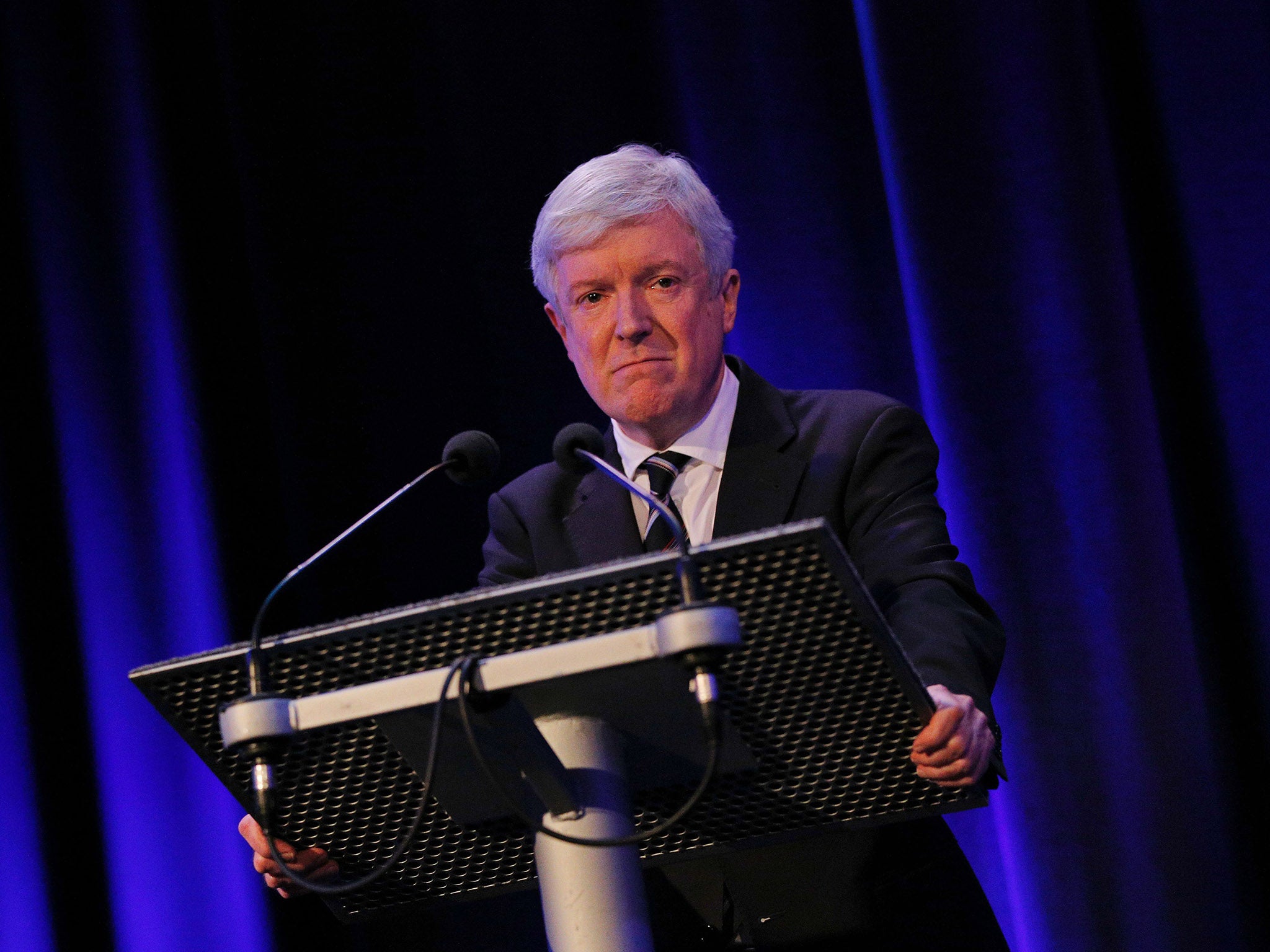BBC to reveal number of its presenters who are paid more than £150,000 a year of which two thirds are men
Director-General Tony Hall defends high salaries of BBC stars, expected to include household names Laura Kuenssberg, Gary Lineker and Fiona Bruce

The BBC has defended the number of its presenters who are paid more than £150,000 a year as the corporation prepares to reveal the full list of names of its highest-earning stars for the first time.
But the corporation's director general Tony Hall admitted the corporation had a gender pay gap problem, as around two thirds of the highest earners are men.
Ninety-six members of on-screen and on-air staff earning more than the Prime Minister are to be identified on Wednesday morning following sustained pressure from the Government for the corporation to increase transparency on pay.
The hotly anticipated report is expected to reveal that stars including Gary Lineker, Graham Norton, Fiona Bruce and Chris Evans earn well above the £150,000 threshold. Journalists including political editor Laura Kuenssberg and the Today presenter John Humphrys are also widely expected to be named.

The BBC is bracing for a backlash after the list is published, and is understood to be offering support and advice to employees on dealing with the fallout, as well as permitting staff to defend themselves on social media after details of their pay are revealed.
But Director-General Tony Hall urged that he was “not afraid” of money becoming an issue, defending the corporation as the “biggest investor in new British talent there is” and insisting the public get it for “extraordinary value”. He insisted that the BBC had to pay to secure top talent from competition which now includes Netflix, Amazon and Apple.
Mr Hall also defended a gender pay gap at the BBC, which will show that 60 per cent of the highest earners are men, saying that plans were in place to redress the imbalance.
He highlighted the BBC’s “record on efficiency”, boasting that the corporation had made £172 million savings across the year, with its talent bill down by more than £4 million on the previous year, from £198 million to below £194 million.
Less than a quarter of one per cent of 43,000 contracts were paid more than £150,000, Mr Hall said in a speech to staff on Tuesday. He added that spending on senior managers has fallen from £78.5million in 2009 to £42.2million, with the number employed now 306 compared with 640 in 2009.
“We’re not afraid to walk away if money becomes an issue,” he said. “And that’s one of the reasons we’re the biggest investor in new British talent there is.
“People want the very best talent on the BBC. And the reality is that the BBC today costs them less in real terms than it did 20 years ago. But now we offer four times as many television channels, twice as many national radio stations, iPlayer – and everything we do online.
“All for less than three pounds a week – that’s about 40p a day. And, you’ll see in our Annual Report, the extraordinary value that represents.”
He said the BBC had tried to fight off the transparency measures, saying putting the names of staff against what they’re paid could set up a “poachers’ charter”, but had to concerned because the Government “insisted”.
BBC supporters insist the corporation pays less than its competitors while striving to deliver high-quality content in a competitive market which is now being disrupted by popular newcomers such as Netflix and Amazon.
“One issue I think the disclosures highlight is the need to go further and faster on issues of gender and diversity,” Mr Hall told staff. “In over four years here, I have made this a particular priority of mine. We’ve made real progress.
“It’s great to listen to the Today programme some mornings presented entirely by women. And when I said I wanted half the presenters on local radio morning shows to be women – we’ve done it.
“Currently, one third of the top-earners are women, Mr Hall said, adding that he strives to go further, claiming: “Are we pushing further and faster than any other major broadcaster? Most certainly.”
Earlier this year, BBC presenter and broadcaster Andrew Marr said the pay disclosure would be “uncomfortable” for all staff. “I’m well paid but I’m much less overpaid, perhaps, than people working for rival organisations who won’t go through this process,” he said.
Senior executives at the corporation earning more than £150,000 are already required to release their salaries, but the amount high-profile individuals are paid has traditionally been kept secret.
The BBC is required to make the disclosure under the terms of its new 11-year royal charter negotiated with David Cameron’s Conservative government.
Mr Cameron ordered the BBC to disclose what it paid on-air talent earning more than £450,000 a year, but the figure was slashed to £150,000 under Theresa May.
Join our commenting forum
Join thought-provoking conversations, follow other Independent readers and see their replies
Comments
Bookmark popover
Removed from bookmarks